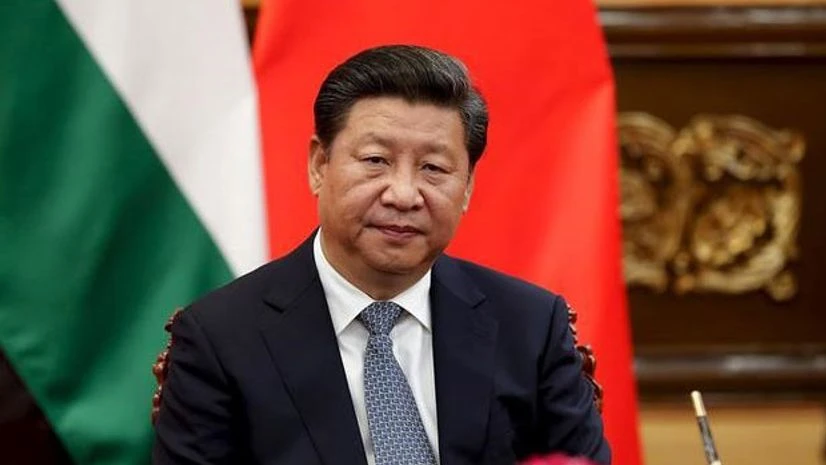China agreed on steps towards reducing its politically volatile steel exports but avoided binding commitments, as leaders of major economies ended a summit with a crowded agenda that also included trade, the Koreas and Syria.
Beijing made boosting sluggish global growth through increased trade a theme of the Group of 20 meeting in this lakeside city southwest of Shanghai, but faces complaints that a flood of low-cost Chinese steel exports threatens US and European jobs, encouraging calls for trade curbs.
In a joint communique due to be released after the meeting, China agreed to the creation of a global forum to study excess production capacity in the steel industry, according to Japan's Nikkei and Yomiuri newspapers. They cited unidentified Japanese diplomats.
The agreement included no binding limits on Chinese output. Chinese officials insist steel overcapacity is a global issue, but US and European officials say Beijing's vast state-owned industry, which accounts for half of global output, is the root of the problem.
Washington has hiked import duties by 500 per cent on Chinese steel to offset what it says are improper subsidies.
President Barack Obama, Chinese President Xi Jinping and other leaders at the two-day meeting called for efforts to defend free trade in the face of economic anxiety that has fuelled demands in the United States and Europe to protect local industry.
China hopes its status as this year's G-20 leader will increase its influence in global economic management. Chinese officials want the grouping, created to respond to the 2008 financial crisis, to take on a longer-term regulatory role.
More From This Section
The meeting was frequently overshadowed by other concerns and got off to a rocky start on Saturday when there was no staircase at the airport for Obama to exit his plane. Obama used an alternative exit, but quarrels broke out on the tarmac and at other venues over access by US officials and the travelling press.
Overwhelming security characterised the gathering throughout, with Hangzhou, a city of 2.5 million, brought to a standstill to facilitate the event.
North Korea added to the drama on Monday with the firing of three ballistic missiles off its east coast. The US says the tests and other recent ones like it violate UN Security Council resolutions, and also pose a threat to aircraft and commercial ships in the region.
At around the same time, Xi was telling his South Korean counterpart, Park Gyun-hye, that China is opposed to the deployment of a powerful US Anti-missile system in South Korea.

)
